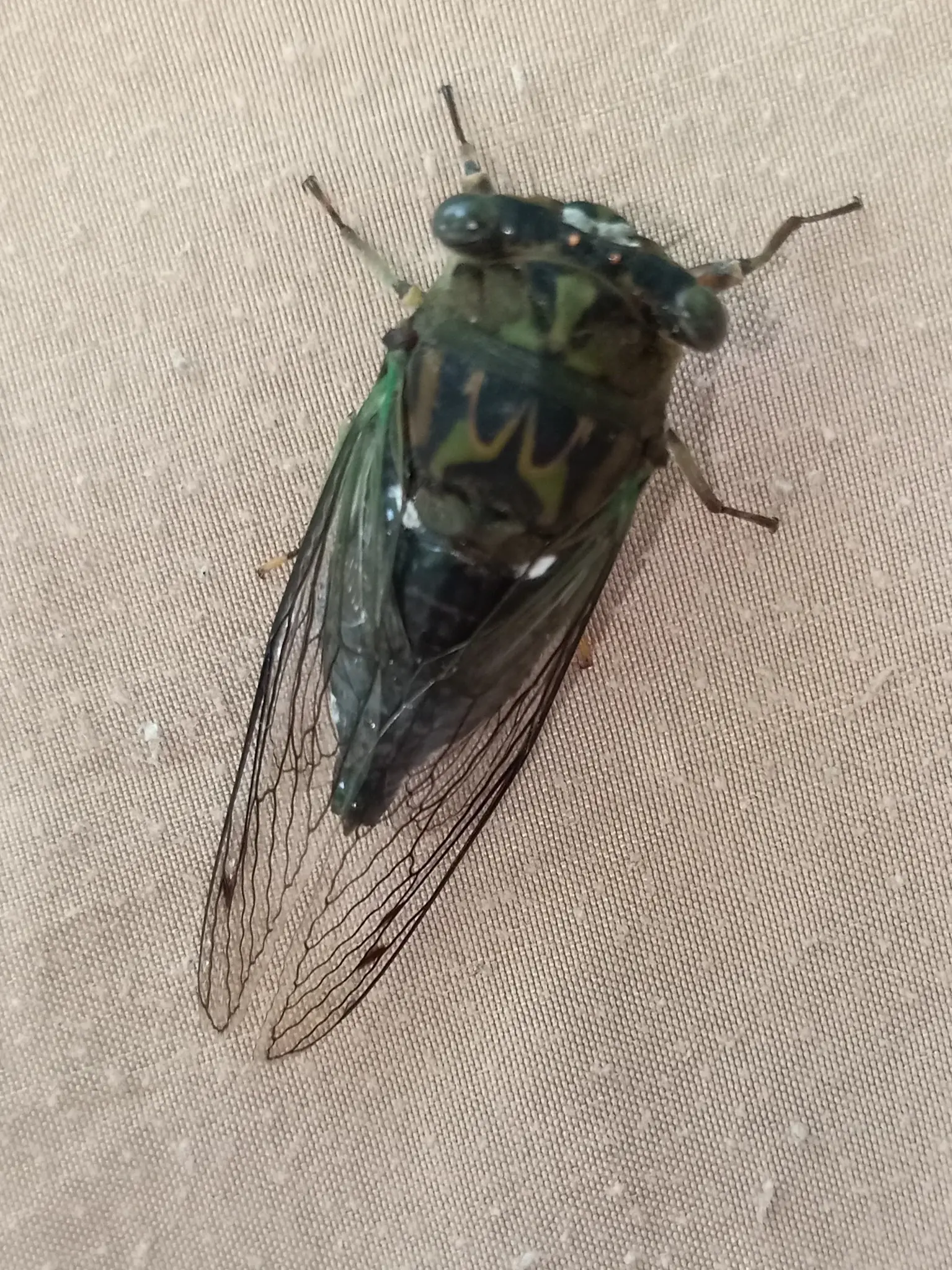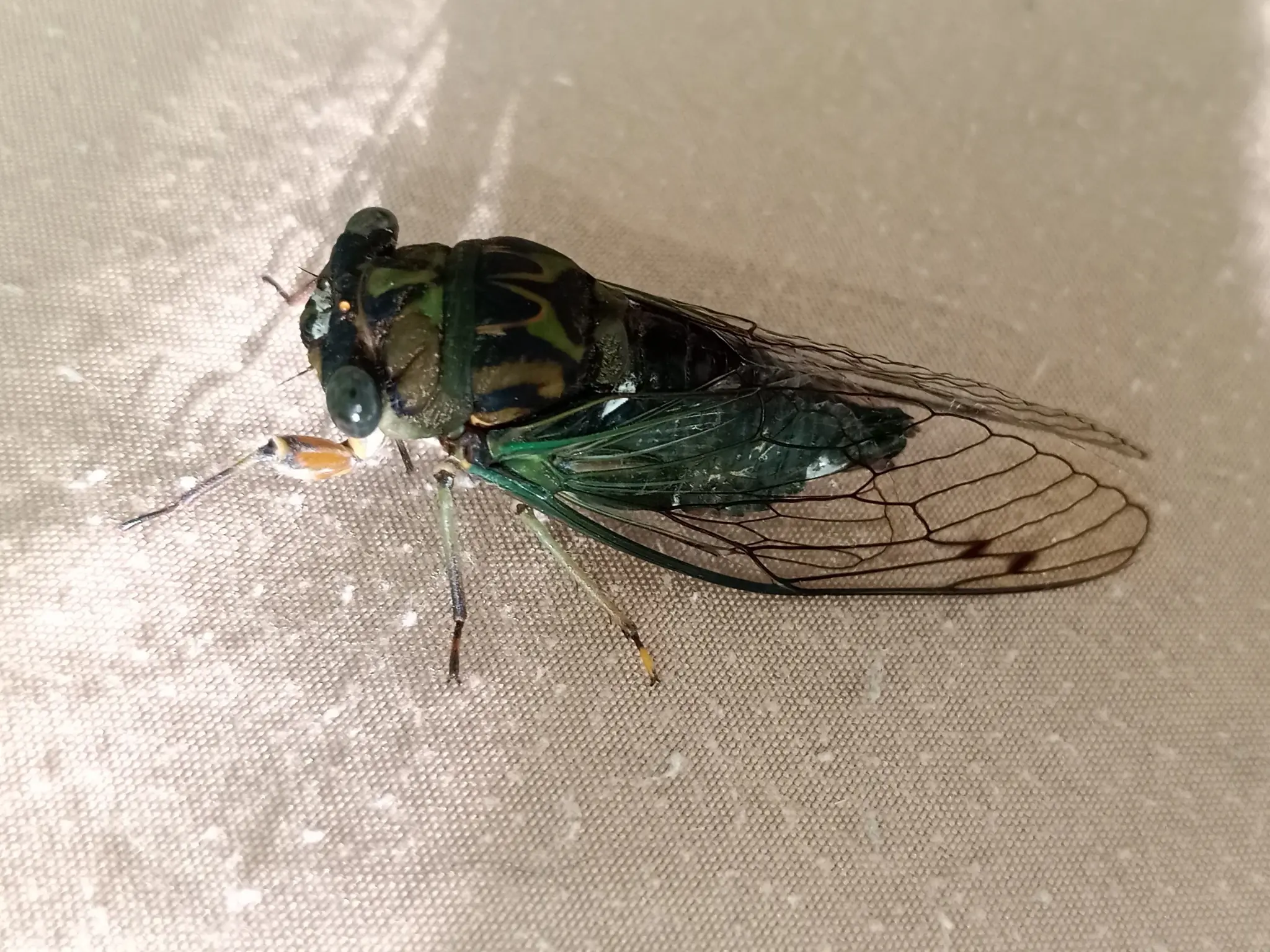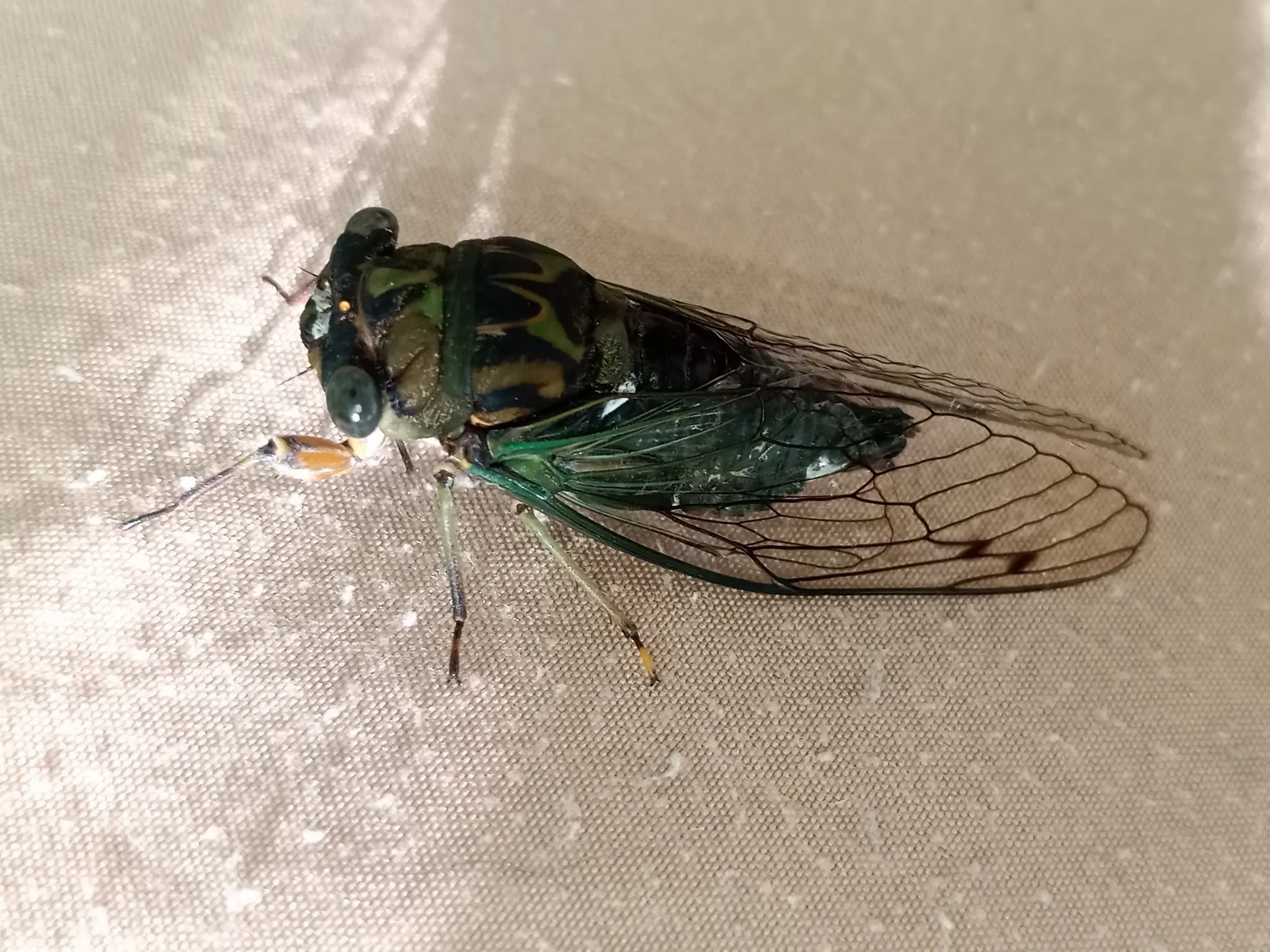@aihorde@lemmy.dbzer0.com draw for me a spider's web with a red light that attracts male fireflies to come have a good time at the web bordello
I used to have ducks. They LOVE eating slugs. Alas, they also love eating gardens. ;-)
Save your egg shells until they are dried out (microwave if you are in a hurry) and give them a quick buzz in the blender or food processor. This should give you a gritty powder that will hurt the slugs, thereby discouraging them from going wherever they find it. Diatomaceous earth would also work (probably better, but that's be a purchase instead of a freebie). Dust the plants with either and circle them with a large fat ring of the powder.
My grandma would have said to put out beer traps, but my understanding is that such traps need to be situated well enough to drown the slugs because otherwise they will escape.
Edit: here you go! https://www.learningwithexperts.com/gardening/blog/organic-slugs-snails-control
making bean burgers
Oh no! Just buy them! My better half is vegetarian, which means I started mostly cook meat-free because it is easier than making two meals, but now I'm just in the habit of not eating much meat. Our bean-burger experiments were never worth effort. We use fake-beef veggie crumbles for casserole-type recipes and big frozen packs of Beyond Burgers (Impossible is also good) if we want an actual burger. For chicken, we'll buy some unbreaded seitan/TVP substitutes, like these examples.
I have the same problem with egg substitutes, so we're still eating eggs -- but from happy-seeming chickens we can visit. The hard part for me is cheese. I'm waiting for lab-grown cheese, but for now I can't match the flavors of actual cheese.
Reminds me of the incident in February where a waymo tried to get through a bunch of street revelers, and their response was to set it on fire. From the old pcmag story :
San Francisco Fire Chief Jeanine Nicholson noted that it had tallied 55 incidents where self-driving vehicles had interfered with rescue operations in the city.
Edit: unrelated to above quote, pc mag also says:
In some cases, residents have put orange cones on the hoods of cars, which makes them temporarily immobile.
(see also the autopian story it references)
Reminder that Palantir is the same company whose bosses are deep in bed with AmericaPAC -- which got big write-ups (link is to one comment, but you can read more there and lots of places) because Elon Musk is gathering voter data seemingly for that PAC to target swing state voters with canvassing efforts.
I knew about the police getting access, but I missed that home insurance companies were checking properties with drones. I guess I don't mind them spending their own money to send their own drones to verify properties they insure, but I agree that using MY camera that I bought to get info or sell MY data is at least unethical and ought to be illegal. It should be required that they get my explicit consent to that sort of thing for each instance of data collection or sale.
Who? The Senators? I think they're genuinely interested in stopping the practice (obviously it also gets them good press, possibly even votes, but they coulda probably got cash if they did nothing).
I think the car companies are just trying to make money anywhere they can.
IMO, all voting should be on paper so that a hand recount can be done if the machines are questioned.
That particular exit poll APnews was reporting on was just for one polling place, so it doesn't mean much, but yes, it was an opposition campaigner.
That said, we shouldn't have to speculate. All the votes should be available for review -- at least for voting centers where the results are in dispute.
On the other hand, we've been seeing that 'big money' wants the opposition to win because Maria Machado (the opposition leader who was kept off the ballot) "—derided by the Chavista leadership for her pro-market views and her upper-class background" —has promised pro-business changes.
It is as if the military looked at these guys and said, "Now THAT'S how to do camouflage!"
Yeah, not only did they prevent the actual opposition leader from running, they've really made the vote count look suspicious. From APnews :
The official results came as a shock to opposition members who had celebrated, online and outside a few voting centers, what they believed was a landslide victory for González.
“I’m so happy,” said Merling Fernández, a 31-year-old bank employee, as a representative for the opposition campaign walked out of one voting center in a working class neighborhood of Caracas to announce results showing González more than doubled Maduro’s vote count. Dozens standing nearby erupted in an impromptu rendition of the national anthem.
Authorities delayed releasing the results from each of the 30,000 polling booths nationwide, promising only to do so in the “coming hours,” hampering attempts to verify the results.
After finally claiming to have won, Maduro accused unidentified foreign enemies of trying to hack the voting system.


